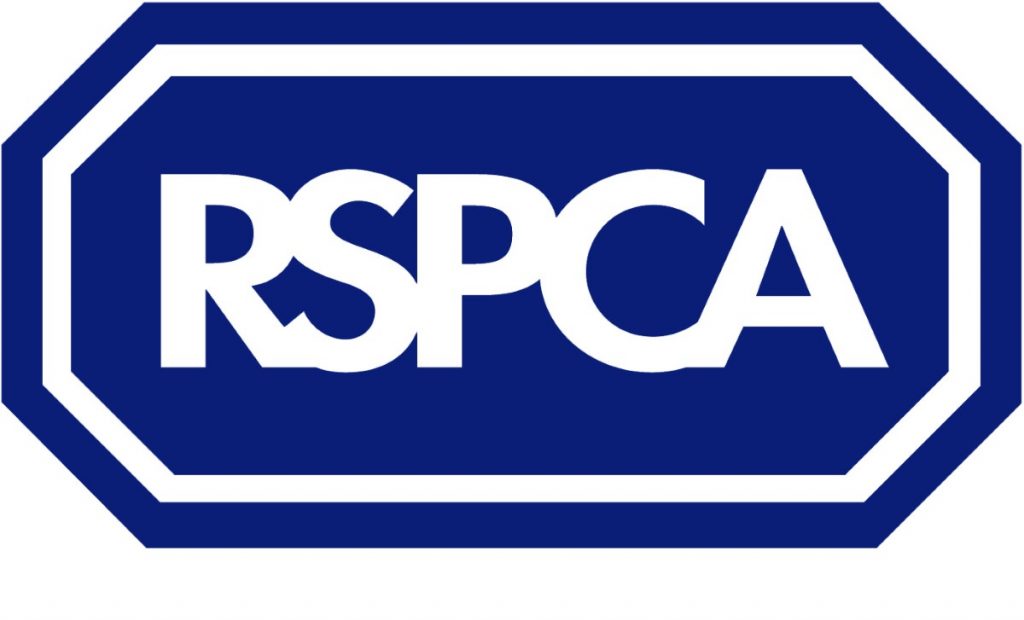RSPCA warns of dangers of keeping monkeys like Justin Bieber’s as pets
Primates as pets should be banned, says RSPCA
The quarantine of Justin Bieber’s capuchin monkey and associated animal welfare concerns highlights the problems of keeping these highly social, intelligent animals as pets, say the RSPCA.
The charity is dealing with increasing numbers of cases involving suffering and neglect of primates and is calling for a ban on the keeping of primates as pets.
Issues include the a general lack of regulation and growing use of the internet in this trade, which makes it incredibly difficult to monitor and raises all kinds of issues about how the animals are looked after.
Dr Ros Clubb, senior scientist for the RSPCA, said: “Many people see monkeys like capuchins and marmosets as small and easy to keep but this is far from the truth – they are very hard to look after and totally unsuitable as pets. They can also be dangerous.
“It sounds from media reports that Justin Bieber’s young capuchin is kept on its own and was taken from its mother at a very young age. This is totally unacceptable. . Sadly, this is not an unusual occurrence and many less famous monkeys suffer a similar fate. It’s worrying to see such a bad example being set by such a high profile celebrity. We hope the little capuchin finds a suitable new home, somewhere like the Monkey Sanctuary in Cornwall which already provides a home to many rescued ex-pet capuchins.
“When deprived of their mother and kept alone rather than in the family groups they belong in, many self-harm, become aggressive and suffer many problems later in life. Primates kept as pets can develop crippling cases of metabolic bone disease due to a lack of vitamin D they would normally get from a healthy diet and the sun.
“We must stop this practice. Breeders and dealers charge large sums of money, and it has become far too easy to pick up a monkey over the internet, especially since many of the most commonly kept species, like marmosets, don’t need a licence to be kept.”
The RSPCA is becoming increasingly concerned about cases involving primates as pets. Between 2001 and 2010 there were 472 calls about pet primates to the charity’s cruelty complaints line mostly concerning marmosets and capuchins.
Last July Peter Powell, from Plymouth admitted to neglecting two pet marmosets which he kept in dark and filthy conditions and put in his pocket as he drove around town on his mobility scooter. The animals had been found living in appalling conditions. A razor blade, cigarette butts and faeces was scattered across the floor and there was no evidence of the specialised food or perching room necessary for their care.
In January 2012 Lee Powell and Julie Ann Jones from Stourbridge were found guilty of causing suffering to Mikey the marmoset. Mikey had seven fractures in his legs due to metabolic bone disease, the result of lack of vitamins in his diet and lack of exposure to sunlight. This meant he could only shuffle along the floor and sadly, he had to be put to sleep.
In February 2011 Patricia Wilson and Duncan Johnson, from Gateshead, pleaded guilty to not providing adequate care to their marmoset, Marley, which they kept in a parrot cage on his own and gave him rides on the family dog’s back. The couple claimed to love their pet, but be unaware of his needs.
Notes to editors
More information about primates kept as pets is available on request.
RSPCA, Wilberforce Way, Southwater, Horsham, West Sussex RH13 9RS
Press office direct lines: 0300 123 0244/0288 Fax: 0303 123 0099
Duty press officer (evenings and weekends) Tel 08448 222888 and ask for pager number 828825
Email: press@rspca.org.uk Website: www.rspca.org.uk
Dogs come in all shapes, sizes and breeds! Check out our top tips for
canine care:
http://blogs.rspca.org.uk/insights/2013/01/03/meeting-your-dogs-welfare-needs/





-01.png)